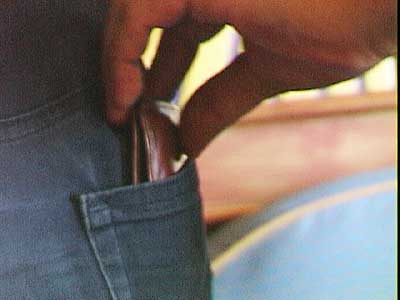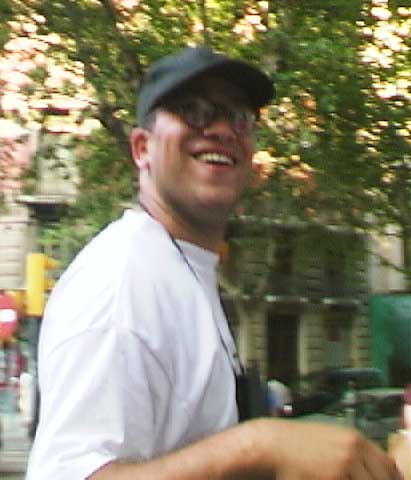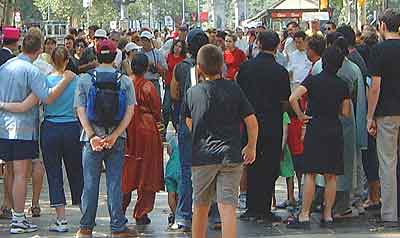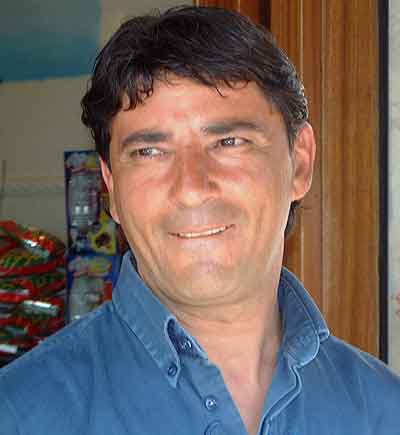High and Dry on the Streets of Elsewhere
Chapter One, part-g, Travel Advisory—
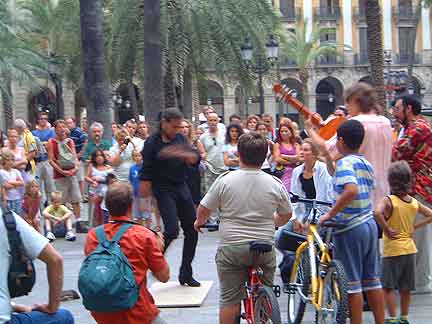
Barcelona, a fusion of passion and creativity, chaos and order, where art is in every detail, is a living laboratory of street crime. It’s one of our favorite places in which to study this bizarre subculture, and it supports a great diversity of practitioners from the various branches of thievery. With patience and practice, the keen-eyed observer will be rewarded with abundant examples of pickpocketing, bag snatching, and three-shell games.
La Rambla is the marvelous Main Street of Barcelona. The crowds swirl doing La Rambla things. There is incredibly much to look at: the Dr. Seuss-like architecture of Antoni Gaudi, caricature artists at work, caged doves cooing, couples performing the tango, living statues, musicians, puppeteers, intoxicating flower shops, and tempting cafés offering tapas, paella, and sangria. One can’t help but be caught up in it all.
On duty, Bob and I saunter and prowl, observant and suspicious. It’s the height of summer and the crowds are thick as—well, thick as thieves. We’re hypertuned to inappropriate behavior; suspects pop out of the crowd as if they have TV-news graphic circles drawn around them. One of us merely has to say “ten o’clock” and the other glances slightly left and knows exactly who, of the hundreds in view, is meant.
What are those pop-art pictures called, the wallpaper-like fields of swirly pattern that, when stared at long enough finally push forward an object or scene? Stereograms, I think. Blink, and the object disappears into the repetition of the pattern. Likewise our suspects: with concentration, we force them to materialize out of sameness into a dimension all their own.
But in two ways, they easily return to the background. First, we may lose them: they’re too fast; they turn a corner; they duck into an alley we don’t want to enter; or we turn our attention elsewhere. Second, their behavior is suddenly validated: for example, a fast moving pair of men looking left and right, darting ahead of clusters, purpose in their pace and us on their tail, eventually catch up to their wives. Perfectly innocent! In Venice, in Lima, in Barcelona, we wasted energy observing the bizarre behavior of deviants who turned out to be perverts. They just wanted to rub up against women, not pick their purses. Once, we tracked a pair of plainclothes police. Sure, we follow lots of dead ends-just as directors audition endless rejects.


